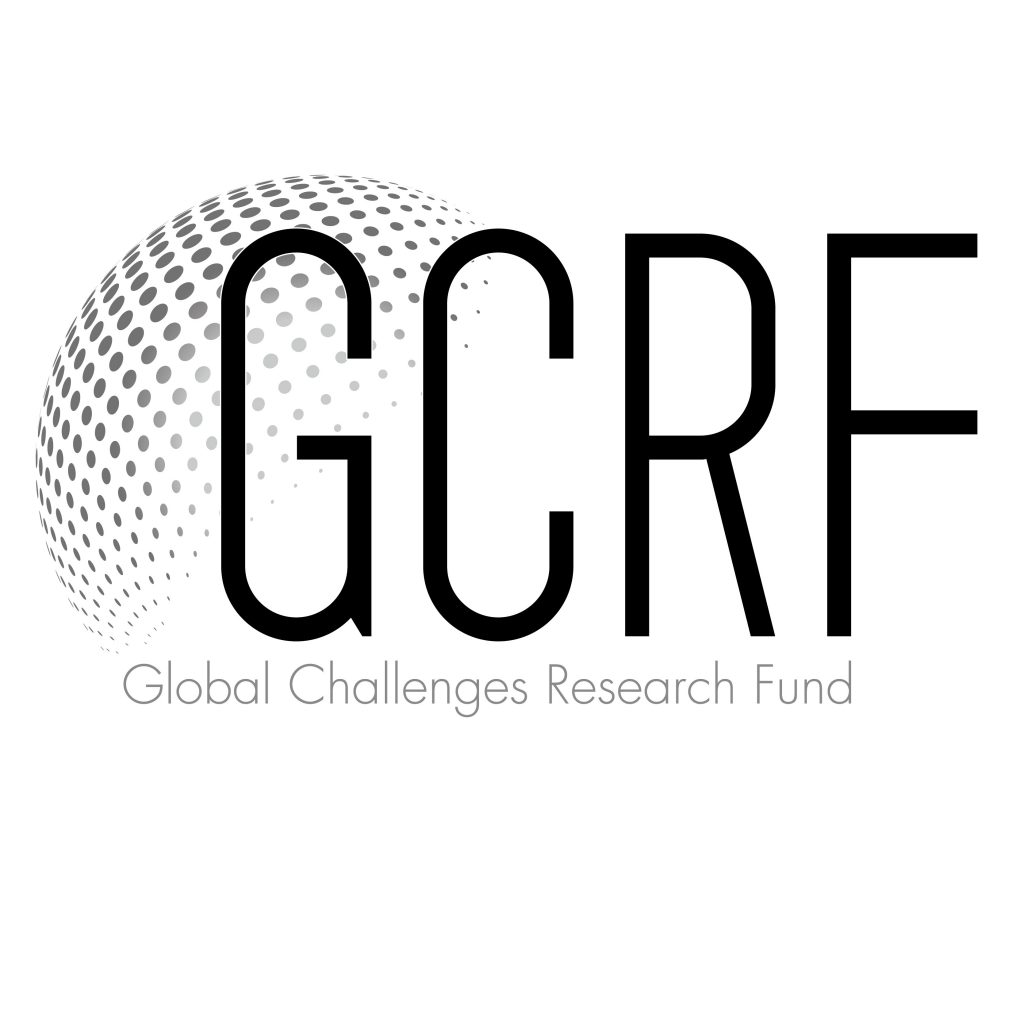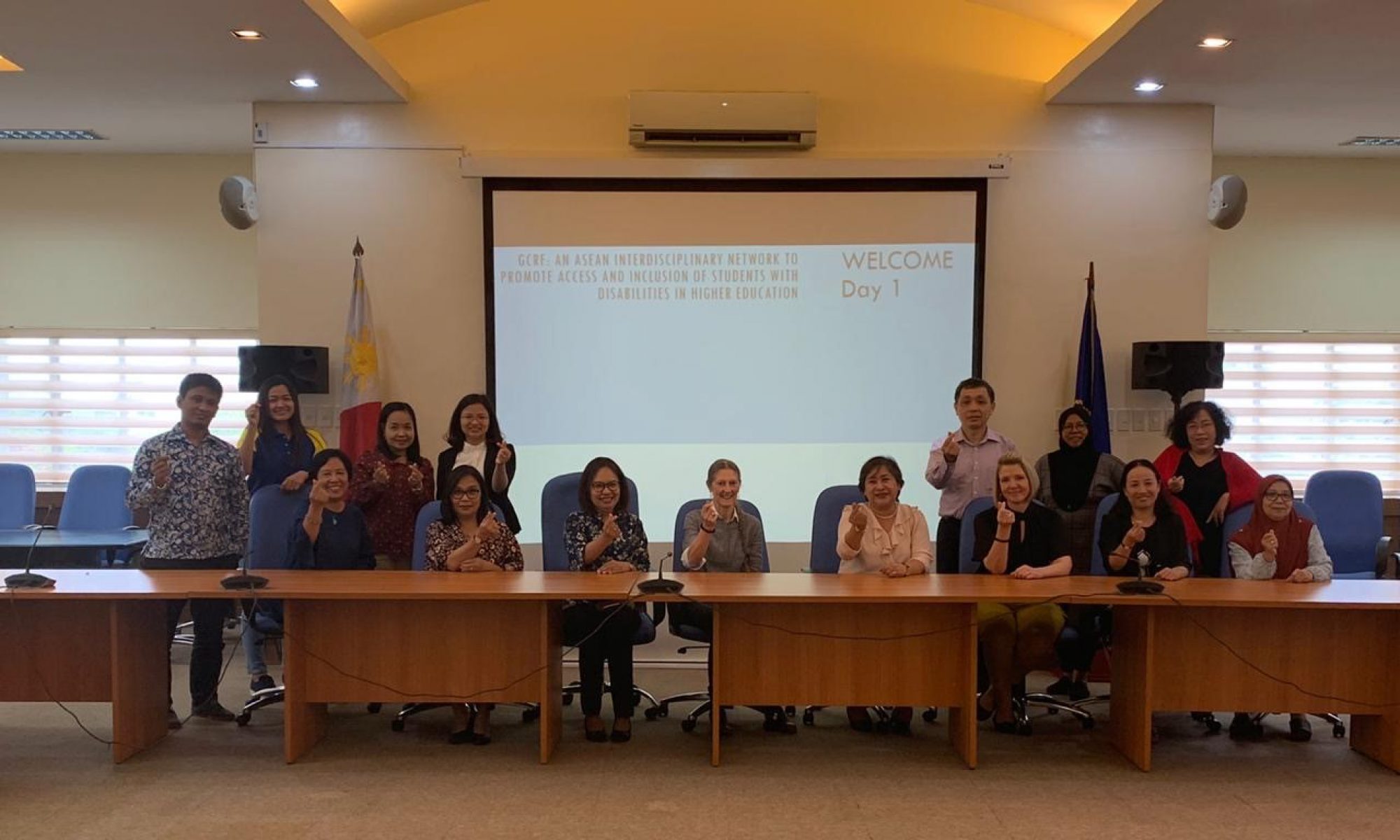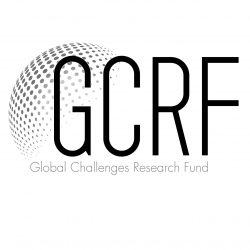This project will develop a network in the ASEAN region to improve access and inclusion for students with disabilities in higher education. The project is funded by the Academy of Medical Sciences (GCRF Networking Grant) and runs from October 2019 – December 2022 (extended due to COVID-19).


The project is being led by Professor Zenaida Reyes and Dr Shirley Cerbo at Philippine Normal University, and Professor Lynn Clouder at Coventry University.
Why is there a need for this network?
An estimated 650 million people in the Asia-Pacific region live with a disability (Cogburn and Kempin Reuter 2017). The 2010, Census of Population and Housing in the Philippines alone, found 1.57% of people had a disability, with slightly more males than females and the highest prevalence in 5-19-year old category – at which age education suffers. This constitutes a grand challenge.
Underrepresentation and poor achievement of disabled people in higher education (HE) is a global challenge, including in ASEAN countries, where gaps between achievement of disabled and non-disabled people are greatest (UNESCO, 2018). Discriminatory policies and practices impact on all disabled people, and a current gap in understanding and sharing data on the extent of the challenge highlights the importance of the ALIGN network.
The network comprises an interdisciplinary mix of partners from the Philippines, Malaysia, Indonesia, and Viet Nam and is crucial to identifying challenges facing disabled people in higher education in the ASEAN region. Importantly, it will also enable sharing of current support and practices, reasonable adjustments, and use of assistive technology across disciplines.
Project aims
The project aimed to:
- Map national laws, local/institutional policies, advocating inclusion for disabled people.
- Explore the challenges and/or support disabled people experience in higher education to produce a series of brief institutional case studies.
- Identify any gendered differences in experiences.
- Conduct a cross-disciplinary analysis of programme learning outcomes to identify those that are accessible and any prohibiting disabilities.
- Engage in knowledge exchange and skills transfer – share results of initial scoping activities and deliver research skills workshops.
- Develop a framework for future research around inclusive interventions, including design of data collection instruments capturing access, retention, attainment and graduate employment.
- Disseminate initial results/ tools developed through a project symposium, and articles in high quality peer reviewed journals.
Project impact
Project impact will take the form of raised disability awareness in higher education, increased collaborative research capacity of project partners, and a framework to evidence future impact of research and capacity building for staff and students.
Wider societal impact will result from increased inclusion and greater independence and engagement of disabled people in education, and the workforce, responding to the Sustainable Development Goal of ‘Quality Education for All’.

